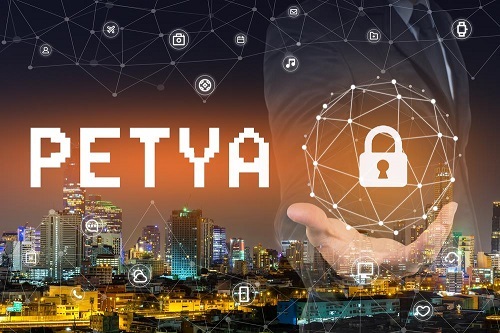DevOps has revolutionized the field of software development by allowing teams to work together and produce solutions more quickly than ever. The importance of DevOps in cloud security has grown as businesses transfer their programs and data there more frequently. In this blog, we’ll look at how DevOps has impacted cloud security and how DevOps teams can work to make their cloud environments more secure.
What Is DevOps?
It’s crucial to comprehend what DevOps is before delving into how it has impacted cloud security. Software development and information technology operations are combined in the DevOps methodology to speed up the delivery of new software. DevOps seeks to create a culture of collaboration and communication amongst development teams, operations teams, and all the other stakeholders involved in the software delivery process. Automation, continuous integration, and continuous delivery are key concepts in DevOps, which aims to accelerate the software development and delivery process.
Cloud Security: What’s It For?
The term ‘Cloud Security’ refers to a group of procedures, methods, and techniques employed to safeguard infrastructure, data, and applications hosted in the cloud against online threats. For businesses that host sensitive data in the cloud, cloud security is crucial because it guards against hacking, unauthorized access, and other online threats. Access controls, encryption, and network security measures are only a few of the tools and methods used to secure the cloud.
Impact of DevOps on Cloud Security
Cloud security has been significantly impacted by DevOps, both positively and negatively. Positive impacts of DevOps on cloud security can contribute to enhancing it in the following ways:
- DevOps teams can employ automation to simplify security procedures and lower the possibility of human error. Automated security testing, as an illustration, can assist in locating vulnerabilities in infrastructure and applications prior to their deployment to production.
- Adding security to the development process: DevOps teams can strive to provide security from the beginning of the development process. This can ensure that security is a top focus rather than an afterthought during the entire development process.
- Implementing IaC: IaC is a DevOps technique that involves defining infrastructure and configuration as code, which makes it simpler to control.
The negative impacts of DevOps on cloud security can be catastrophic. For example, attackers can exploit unsecured credentials in DevOps environments, resulting in crypto-jacking, data breaches, and destruction of intellectual property.
Why and How Does the DevOps Team Boost Cloud Security?
DevOps team can take several actions to enhance cloud security and reduce any potential negative impacts on security that DevOps may have. Following are a few of the best practices that a DevOps team can adhere to.
- Train team members on best practices for cloud security: The DevOps team should receive instruction on access controls, encryption, and network security measures. They will be in a better position to identify possible security threats and take necessary action to reduce them if they are aware.
- Use security tools and automation: The DevOps team can make use of automation to speed up security procedures and lower the possibility of human error. Prior to the applications and infrastructure being put into production, for instance, vulnerabilities can be found by using automated security testing tools. Real-time detection and response to security threats can also be aided by implementing continuous security monitoring.
- Implementing Infrastructure as Code (IaC): IaC is a DevOps practice that entails defining infrastructure and configuration as code. IaC decreases the possibility of configuration errors that could result in security vulnerabilities and makes it simpler to manage changes in infrastructure and configuration. To improve security and simplify their cloud environments, the DevOps team should implement IaC.
- Make security a priority throughout the development process: The DevOps team should prioritize security rather than treat it as an afterthought during the development process. This can be accomplished by including security checkpoints throughout the development process and by utilizing automation and security technologies to quickly find and fix problems.
- Work together with security teams: To make sure that security is included in the development process from the beginning, the DevOps team should work together with security teams. Security teams can offer knowledge and direction on appropriate security practices as well as assistance in identifying potential security risks and vulnerabilities.
- Use Multi-Factor Authentication (MFA): To secure access to cloud resources, the DevOps team should implement MFA. Users must submit two or more authentication methods, such as password, fingerprint, or face recognition scan while using MFA. This can lower the chance of data breaches and other cyberattacks by preventing unauthorized access to cloud resources.
Conclusion
In conclusion, security plays a vital role in DevOps. The DevOps team, in collaboration with security teams, contributes to making cloud systems safe, dependable, and secure by adhering to industry best practices. Organizations should embrace a DevSecOps model as it lays the path for a full-fledged DevOps implementation with best security practices. With the overall security addressed, DevOps with security is undoubtedly a powerful game-changer technology solution for evolving business needs.

is a passionate Cloud and DevSecOps engineer, who is always enthusiastic about delving into the realm of Cybersecurity. One of her key areas of expertise lies in integrating seamless security into various parts of the application development process and guiding the associate members to replicate the same process in their developments. Additionally, she is dedicated to fortifying web application security and maintaining end-to-end secure cloud environments through cloud-native protection platforms and solutions.








